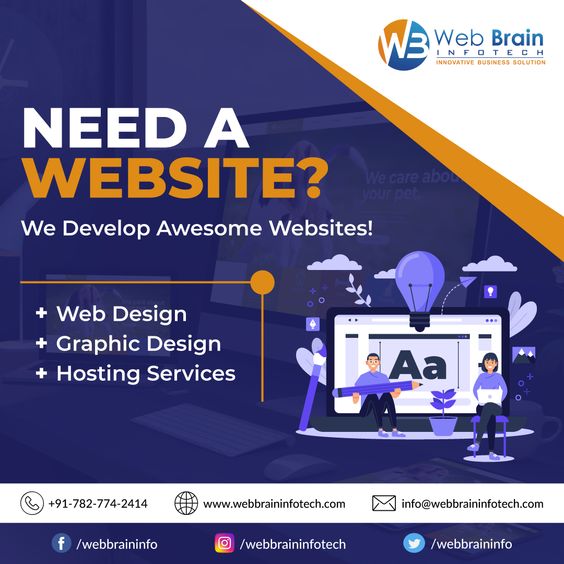Mastering HTML Web Page Development: A Comprehensive Guide
In the digital age, having a strong online presence is essential for businesses, organizations, and individuals alike. Creating a visually appealing and functional website is the first step towards establishing this presence. HTML (Hypertext Markup Language) serves as the backbone of web development, laying the foundation for creating stunning and interactive web pages. In this comprehensive guide, we will delve into the intricacies of HTML web page development, exploring its fundamentals, best practices, and the key elements that contribute to crafting exceptional websites.
Understanding HTML: The Building Blocks of the Web
HTML is the standard language used to create web pages. It provides the basic structure and elements that define the content of a web page. Each HTML element represents different types of content, such as headings, paragraphs, images, links, forms, and more. By mastering these elements, developers can design web pages with clear structure and user-friendly interfaces.
Key Components of HTML Web Page Development
- Document Structure: HTML documents follow a hierarchical structure comprising elements like
<html>,<head>, and<body>. Understanding this structure is fundamental to organizing content effectively. - Text Formatting: HTML offers various tags for formatting text, including headings (
<h1>to<h6>), paragraphs (<p>), bold (<strong>) and italic (<em>) text, lists (<ul>,<ol>,<li>), and more. - Hyperlinks: Creating hyperlinks using the
<a>tag enables seamless navigation between web pages. Developers can link to other pages, websites, or resources within the same website. - Images and Multimedia: Incorporating visual elements is crucial for engaging web design. HTML allows the integration of images (
<img>), audio (<audio>), and video (<video>) files, enhancing user experience. - Forms and Input Elements: HTML forms (
<form>) facilitate user interaction, enabling activities like user registration, feedback submission, and data collection. Input elements like text boxes, radio buttons, checkboxes, and buttons enhance the functionality of web forms.
Best Practices for HTML Web Page Development
- Semantic HTML: Use semantic HTML elements to enhance the structure and meaning of content. Semantic elements like
<header>,<nav>,<article>,<section>, and<footer>provide context to the content, making it more accessible and understandable. - Responsive Design: Design web pages that are responsive and adaptable to various devices and screen sizes. Utilize CSS (Cascading Style Sheets) in conjunction with HTML to create responsive layouts, ensuring optimal user experience on desktops, tablets, and smartphones.
- Accessibility: Ensure web accessibility by following WAI-ARIA (Web Accessibility Initiative Accessible Rich Internet Applications) guidelines. Provide alternative text for images, create keyboard-friendly navigation, and ensure that web content is perceivable, operable, and understandable for all users, including those with disabilities.
- Optimization: Optimize web page performance by minimizing unnecessary code, compressing images, and utilizing efficient coding practices. Fast-loading web pages enhance user satisfaction and improve search engine rankings.
Conclusion
Mastering HTML web page development is the cornerstone of creating compelling and user-friendly websites. By understanding the fundamental elements, following best practices, and embracing responsive design principles, developers can craft web pages that not only look visually appealing but also offer seamless navigation and optimal user experience across devices. As the digital landscape continues to evolve, a strong foundation in HTML web page development remains invaluable for web developers, ensuring their ability to create innovative and accessible online experiences.

